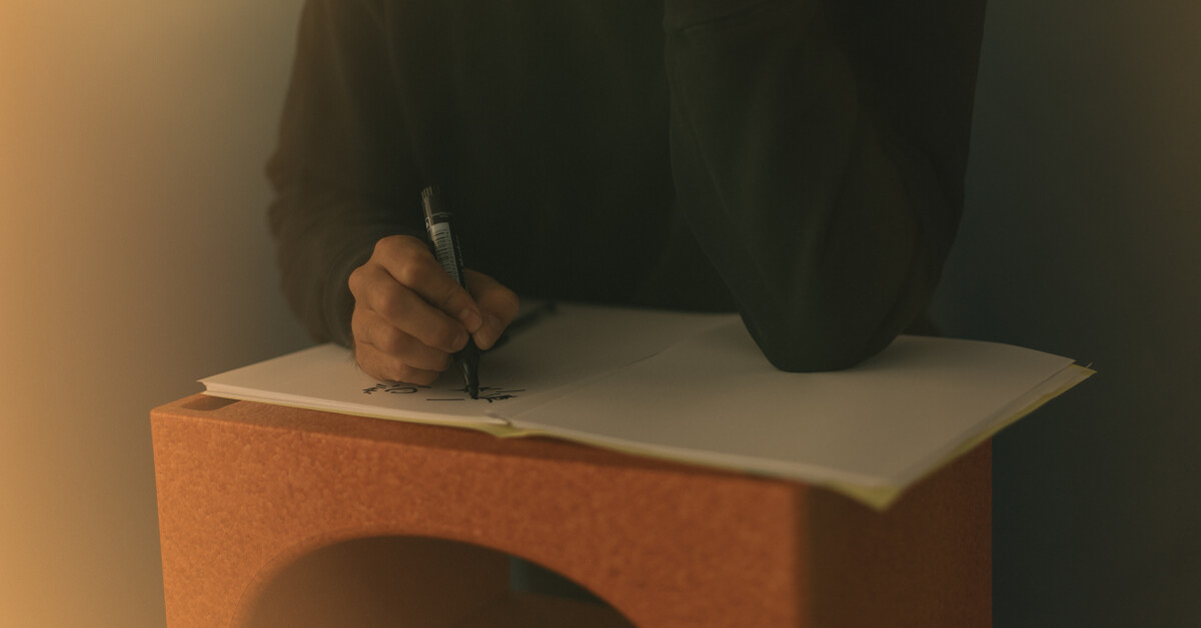From Burnout to Balance: The Evolution of Productivity
-

Kammie Sumpter
Read more posts by this author.

Kammie Sumpter

The world of work is distinctively marked by hustle culture, that the harder you work, the more you work, the greater the reward. Workers today believed in this idea, and now two-thirds of the US workforce are facing some form of burnout.
Dale Whelehan, behavior scientist and CEO of 4 Day Week Global, challenges our traditional take on productivity, and opens up the conversation to rethinking the time we spend at work.
How have our notions of work productivity evolved?
From the 1960s to the 1990s, work took center stage for many people. It was a way to distract themselves from their issues, and it became like an addiction for many. Now we see Gen X and some Baby Boomers who are exhausted or burned out. They were promised they’d be rewarded if they worked hard.
Working harder is no longer a guarantee of anything—not even of productivity. Denmark has some of the world's highest productivity rates, though the working week is 37 hours. They are more productive than workers in the United States, Canada, and Japan. It’s also famed for its work-life balance.
Why is it important to rethink the time we spend at work?
Thanks to the pandemic, we’ve come to accept that we don’t all need to be in the same physical space to work well together. Now, we need to look at headspace. In other words, are we giving employees what they need to do their best work? I’m not talking about fancy offices, comfy bean bags, or pizza parties. I’m talking about respect around time at work, opportunities to focus deeply, and sufficient downtime.
To achieve this, we have to rethink how we spend our time at work. We accept that rest and recovery are essential for athletes at all levels. Well, it’s no different for those putting their brains to use, rather than brawn.
What’s the first step forward?
We need to move away from the idea that people are “cogs in a machine.” So how do we help staff make the most of their talents and use their minds to achieve optimal results?
We can start by giving them what they need to work efficiently and then trusting them to do it. This means respecting them as important contributors to the company, rather than treating them like bit players. It means respecting their time.
Want to hear more from Dale Whelehan and other experts about how rethinking our meeting culture might be the first step to rethinking how we spend time at work?
FUTURE(S) is a 6-part eBook series that explores the most pressing trends in the world of work in 2025—from culture to AI, DEI and more. Check out "Free for a quick call?" to further challenge your philosophy around time at work.
This piece was adapted from the work of Rose Costello in FUTURE(S).

For queries and support, email companies@welcometothejungle.com.
For press enquiries, email press.uk@welcometothejungle.com.
Welcome to the Jungle is a trading name of Otta Technology Ltd. Company number: 11794989.
First Floor, Mindspace, 142-146 Old St, London EC1V 9BW